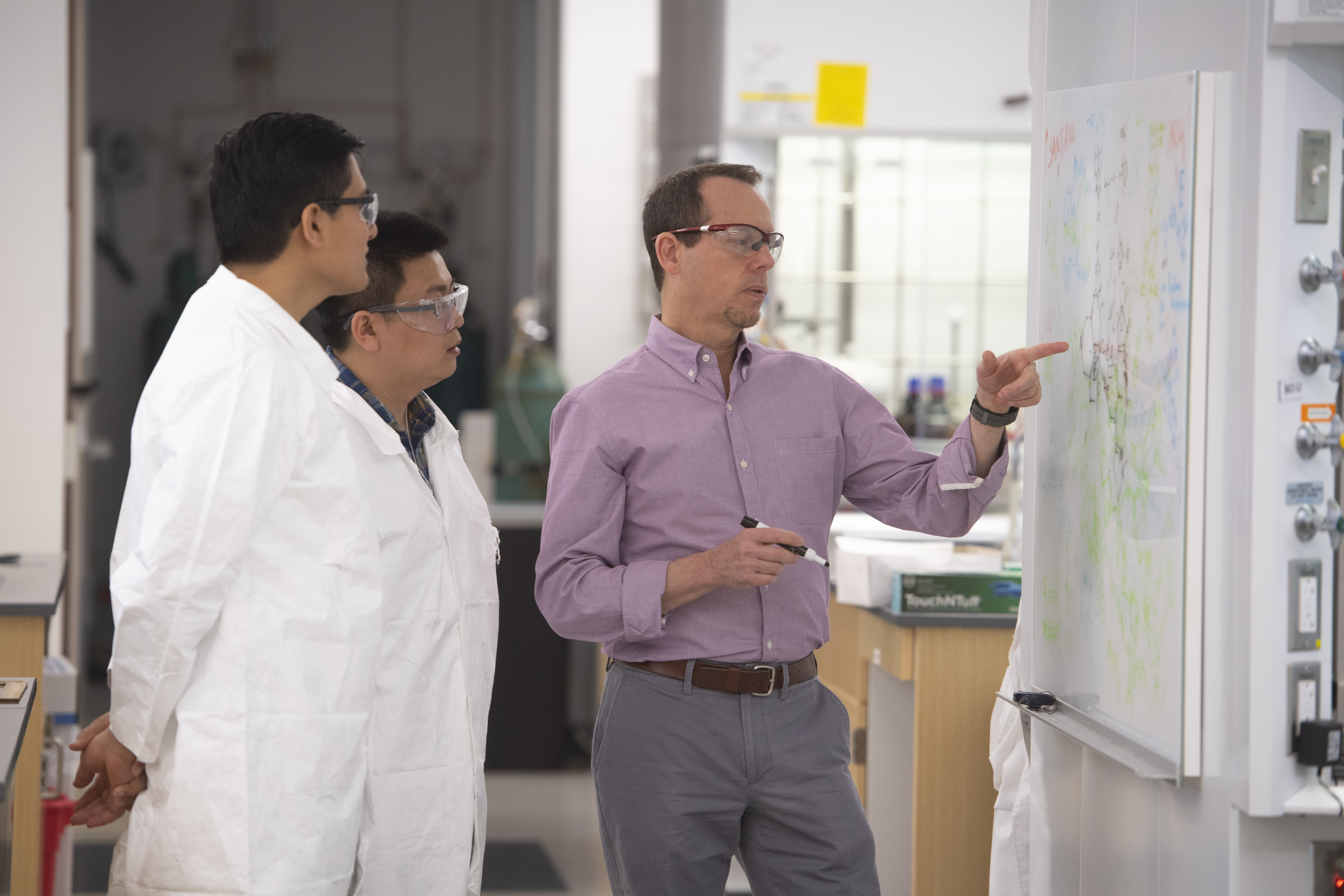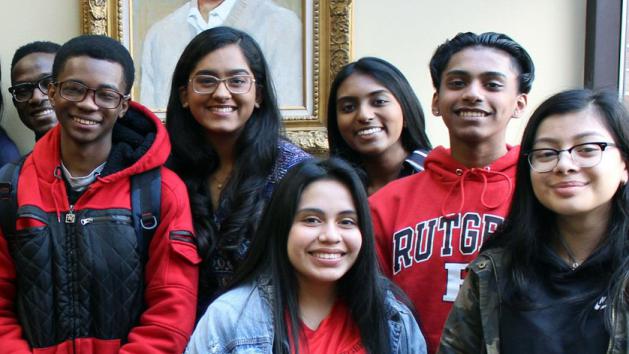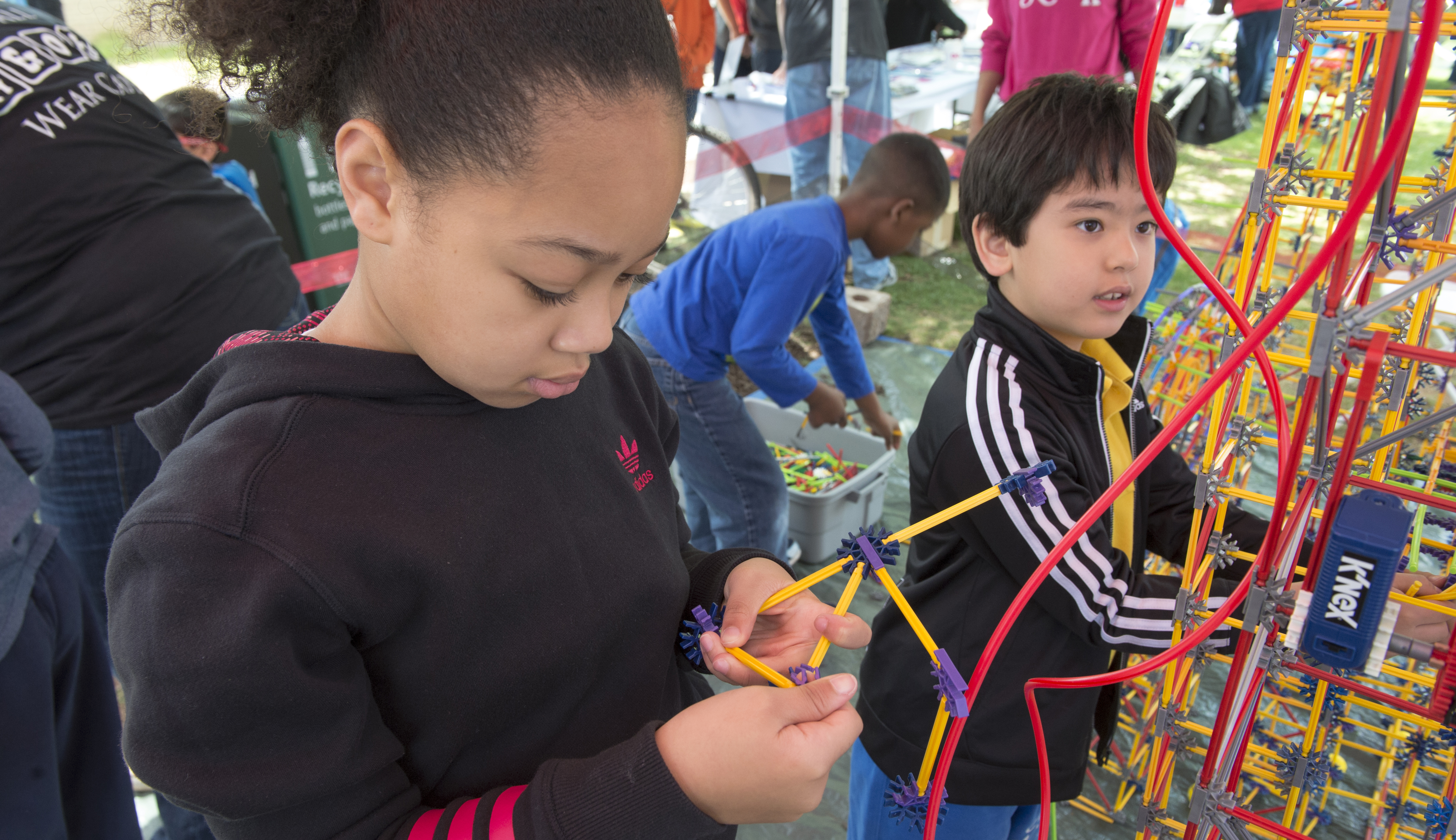Grant and Manuscript Writing Workshops
We offer several annual workshops and courses to help graduate students apply for predoctoral fellowships including a fellowship application workshop every Fall and a Fellowship writing fundamental workshop every Spring. We also have boilerplate paragraphs to be used for Responsible Conduct of Research, Rigor and Reproducibility, Individual Development Plants, Career and Professional Development, and Institutional Environment. Click here to view those grant writing resources.
We also offer workshops on scientific writing and publications. These workshops covers best practices in experimental design, analysis, and writing to produce a manuscript that reviewers will love. These events are taught by an editor of a major scientific publisher or by a writing coach. We have also hosted workshops on preparing publication quality figures including graphical abstracts. To see materials and past events, click here and type in manuscript or writing or publishing in the search bar. .
Effective Mentoring of Undergraduates in Research Workshop

This workshop led annually in early May by Drs. Janet Alder and Xenia Morin use techniques and case studies from The Center for the Improvement of Mentored Experiences in Research and National Research Mentoring Network to teach Ph.D. students and Postdoctoral Fellows tools and skills to better mentor undergraduate students in a laboratory setting. Our students then reflect upon approaches they would use to mentor trainees and employees in a lab or research group. We cover topics like managing student projects, understanding contracts for undergrads, aligning expectations, and much more. Attendees will be able to:
- Define what mentoring is and the different kinds of mentoring
- Discuss practical ways to mentor an undergraduate
- Actively analyze case studies
- Conduct optional follow up activities to earn a microbadge in mentoring undergraduates in research
To see a recording of a recent mentoring undergraduates workshop, click here
For more information: Email Dr. Janet Alder
STEM Grads Giving Back

Rutgers graduate students - you can be the person who inspires a high school or undergraduate student to pursue college and the study of science! There are several ways for Rutgers graduate students to mentor and encourage young minds.
1) SGS is partnering with Rutgers Upward Bound Math-Science a pre-college program designed to assist and motivate first generation and low-income students to successfully graduate from high school, prepare for college admission, and complete their baccalaureate degree in STEM. You can give a talk about your research, To volunteer for this important initiative, please contact Assistant Dean Janet Alder (janet.alder@rutgers.edu).
2) The Rutgers Honors College (HC) invites current full-time doctoral students to serve as HC Graduate Mentors for undergraduate students. As part of the "Grads Giving Back" program, the Honors College Graduate Mentor role allows you the opportunity to share your knowledge with undergraduates who are high-achieving (typically the top 10% of their high school class). The Honors College undergraduate students that you will be mentoring are diverse with about 20% identifying as underrepresented minorities and approximately 33% demonstrating financial need. You will also hone your professional development skills that come with advising and service. As a Graduate Mentor you will receive a letter from the Honors College to add to your resume/CV regarding your service, get a professional headshot, be listed on the Honors College website, and be invited to the Honors College annual Summer Sendoff BBQ to celebrate your service as a mentor. The HC Graduate Mentors will be expected to dedicate only 3-6 hours total over the whole academic year to this role. Contact Dean Andrea Rydel for more information andrea.rydel@rutgers.edu
3) Rutgers 4-H STEM Ambassadors: Since its inception in 2009, the Rutgers 4-H STEM Ambassadors program has engaged over 550 high school students from New Jersey’s most urban communities in year-round experiences designed to promote STEM identity and college readiness among those underrepresented in science and engineering. Rutgers 4-H faculty and staff connect limited resource and first-generation students, primarily African American and Latino, to scientists and engineers across the entire university system as they work together to conduct research and tackle problems in a variety of STEM fields. After a weeklong intensive residential program on campus in July, the STEM Ambassadors return to their home communities to contribute a minimum of 50 hours of service each year, working with county-based faculty and staff to lead 4-H STEM experiences for children and youth in 4-H afterschool, Saturday, and summer camp programs. You can read more about the program in this journal article and contact Janice McDonnell for more information mcdonnel@marine.rutgers.edu
4) Rutgers Day is a community-wide event where families and the public come to our campuses to learn what exciting research and activities Rutgers graduate students, postdocs, faculty and staff do at the university. This is a great opportunity for our trainees to sign up for a booth and either do a demonstration or a hands-on activity for the public to learn more. Click here to learn more about Rutgers Day.
Cognitive Skills Program and Graduate Learning Center
The Cognitive Skills Program (CSP) is designed to enhance and maximize the educational experience of medical, graduate, and postgraduate students. CSP services include instruction with efficient strategies and self-regulatory skills to increase control of learning, to promote independent, self-directed learning, and other various academic support services tailored to individual needs.
View services available by the Cognitive Skills Program
The Graduate Learning Center provides one-on-one academic coaching, writing tutoring, coaching, tutoring, academic success workshops and more.
View services available for graduate students by Rutgers Learning Centers
